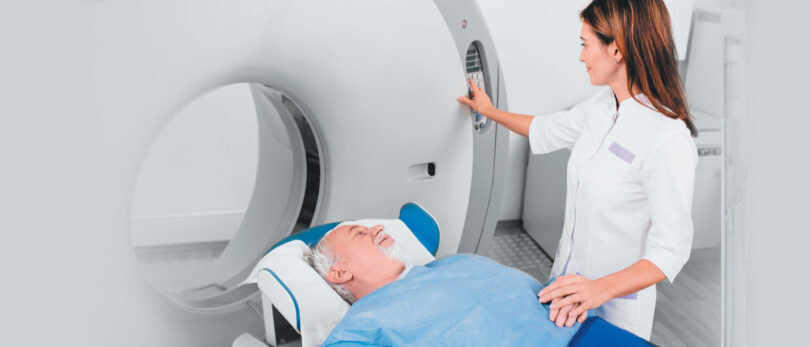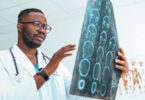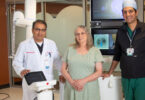Preventive cancer screenings are an essential tool in the fight against cancer, providing early detection that can save lives. With an estimated 122,990 new cancer cases expected in New York State in 2024, staying informed about the benefits and timing of these screenings is more crucial than ever.
WHO SHOULD GET CANCER SCREENINGS AND WHEN?
Regular screenings can detect cancer before symptoms appear, increasing the chances of successful treatment. Here’s when different age groups should consider screenings for various types of cancer:
| Women | |
|---|---|
| Cervical Cancer | Women should begin cervical cancer screening at age 21, with a Pap test every three years or an HPV test every five years after age 30. |
| Breast Cancer | Women aged 40 and above should have a yearly mammogram. Those with a family history of breast cancer may need to start earlier. |
| Colon Cancer | Find out if you are at higher risk for colon cancer due to family history, genetic disorders or other factors. If you are at increased risk, consult a healthcare provider about when to start testing and which tests are best for you. Otherwise, women aged 45 and older should start screening with a colonoscopy every 10 years or a stool-based test yearly. |
| Lung Cancer | Adults aged 50 to 80 years with a history of heavy smoking should have an annual lung cancer screening with low-dose CT. |
| Skin Cancer | Conduct personal checks monthly. |
| Men | |
|---|---|
| Prostate Cancer | Men aged 50 and above should discuss screening options with their healthcare provider, particularly if they are at high risk. |
| Colon Cancer | Find out if you are at higher risk for colon cancer due to family history, genetic disorders or other factors. If you are at increased risk, consult a healthcare provider about when to start testing and which tests are best for you. Otherwise, men aged 45 and older should start screening with a colonoscopy every 10 years or a stool-based test yearly. |
| Lung Cancer | Adults aged 50 to 80 years with a history of heavy smoking should have an annual lung cancer screening with low-dose CT. |
| Skin Cancer | Conduct personal checks monthly. |
Always consult a healthcare professional, such as a UHS oncologist, to tailor screening schedules based on personal and family medical history.
Other Preventive Measures
While screenings are critical, other lifestyle changes can further reduce your risk of developing cancer:
- Maintain a Healthy Diet: Focus on a diet rich in fruits, vegetables and whole grains while limiting processed foods and red meat.
- Exercise Regularly: Aim for at least 150 minutes of moderate intensity exercise each week.
- Avoid Tobacco and Limit Alcohol: Smoking is a leading cause of cancer, and excessive alcohol intake increases risk as well.
- Protect Your Skin: Use sunscreen and wear protective clothing to reduce the risk of skin cancer.
Get Screened
For more information, visit nyuhs.org to learn how you can schedule your screening appointment today.







